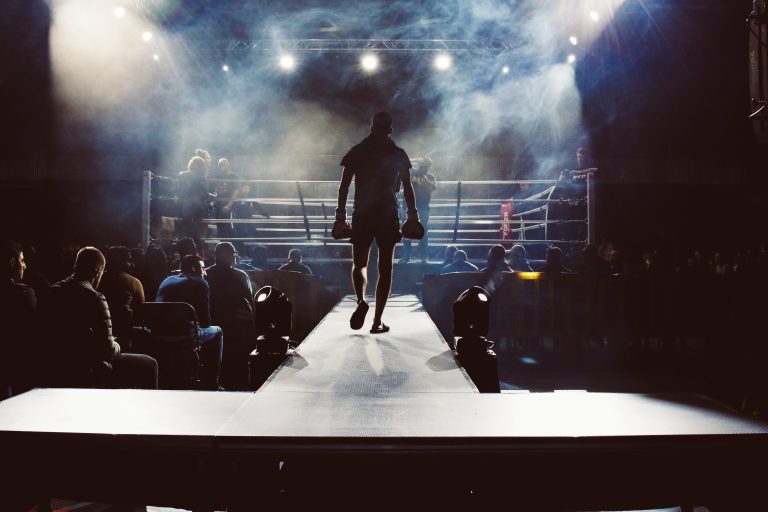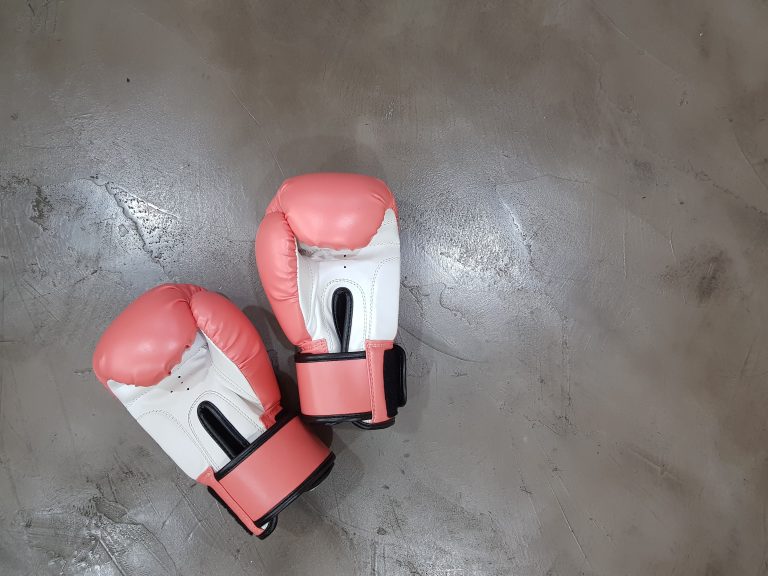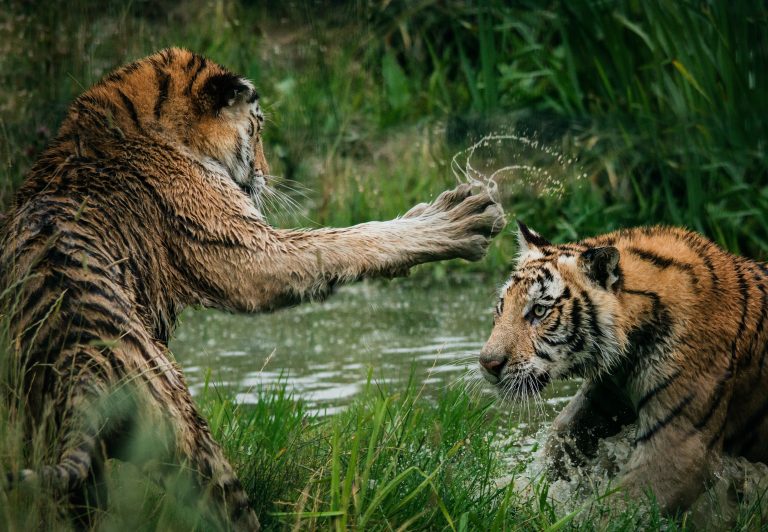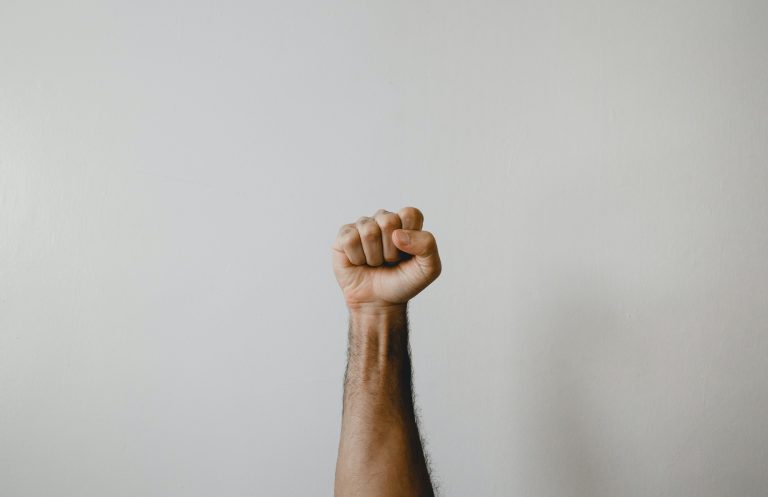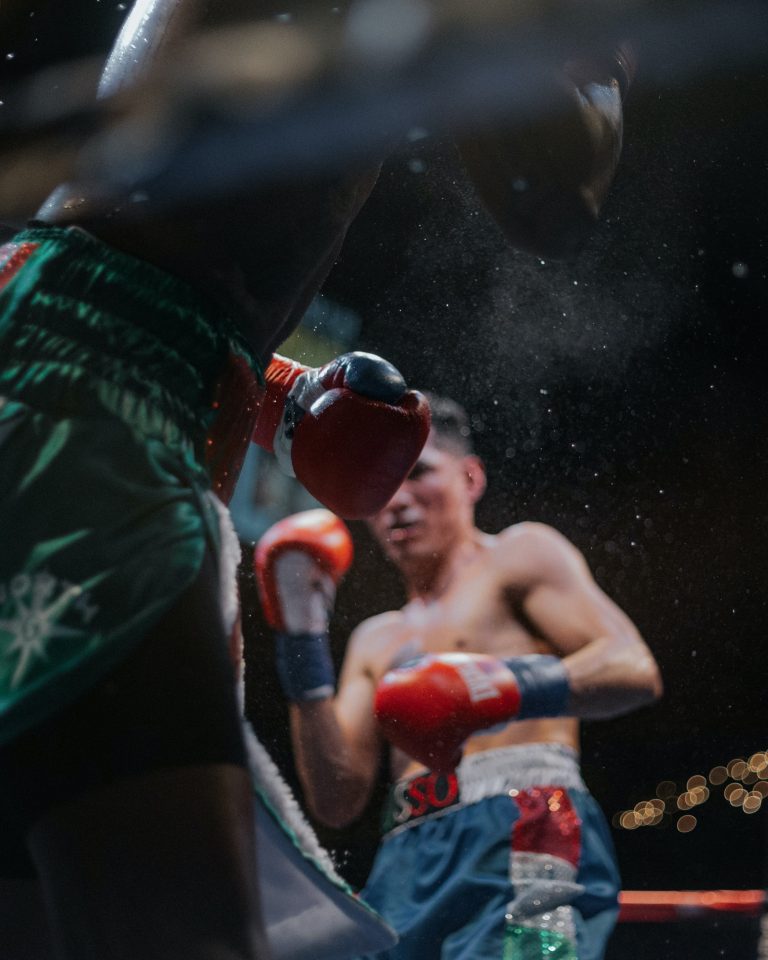Karate: How to Avoid a Fight and Solve Conflicts
Karate is an ancient martial art that originated in Okinawa, Japan. It is a self-defense system that can help you develop the necessary skills to defend yourself, avoid fights, and resolve conflicts peacefully. In this blog post, we will discuss some important tips for using karate to prevent or diffuse potentially violent situations, and to help you be more confident in any situation.
Tip #1: Awareness
Being aware of your surroundings is an important part of avoiding fights. This means that you should always be alert and observant, looking for potential threats or dangerous situations. Keep your eyes open and be aware of people around you, especially those who may be acting suspiciously or aggressively. This awareness also applies to your own behavior, as you should always be in control of your own actions and emotions.
Tip #2: Avoidance
Avoiding conflicts is always the best course of action. This means that you should try to stay away from potentially dangerous situations or people, and avoid confrontations whenever possible. If someone is acting aggressively towards you, it can be helpful to defuse the situation by remaining calm and rational. Avoiding conflicts can also include finding an alternative route or location to avoid a potentially dangerous situation.
Tip #3: Communication
Communication is key in resolving conflicts. When dealing with a potentially violent situation, it is important to communicate clearly and respectfully, and to listen to the other person’s concerns. Karate training can help you develop the confidence and communication skills needed to effectively resolve conflicts. When engaging in communication, avoid hostile or threatening language and instead use calm and assertive words.
Tip #4: Physical Techniques
If a situation does escalate to physical violence, karate training can help you to defend yourself and neutralize the threat. However, karate techniques should always be used as a last resort and only in self-defense. It is important not to use any excessive force or to cause unnecessary harm to your attacker. Your goal should be to neutralize the threat and get away from the situation as quickly as possible.
Conclusion
In conclusion, karate can offer many benefits for avoiding fights and resolving conflicts. By developing awareness, avoidance, communication, and physical techniques, you can be more confident in any situation and avoid violent confrontations whenever possible. Remember that the ultimate goal of karate is not to fight, but to protect yourself and those around you, and to live a life of peace and harmony.
Karate: How to Avoid a Fight and Solve Conflicts
Karate is a martial arts form that originated in Okinawa, Japan. It has become increasingly popular in recent years as a form of self-defense and a way to stay fit. However, karate is not just about fighting, it is also about learning how to avoid a fight and solve conflicts peacefully. In this blog post, we will answer some of the most frequently asked questions about how karate can help you avoid a fight and resolve conflicts.
What is karate?
Karate is a martial art that originated in Okinawa, Japan in the early 20th century. It is a form of self-defense that uses strikes, kicks, blocks, and throws to defend against an attacker. Karate focuses on quick, powerful movements and emphasizes the importance of mental and physical discipline.
How can karate help me avoid a fight?
One of the core principles of karate is self-control. As you train in karate, you learn how to control your body and your emotions. This can help you avoid getting into fights in the first place. You also learn how to read body language and understand when someone is feeling aggressive or confrontational. This can help you avoid escalating a situation into a physical fight.
What techniques can I use to avoid a fight?
There are many techniques you can use to avoid a fight, such as:
– Walking away from a confrontation
– Using verbal de-escalation techniques to calm an aggressor down
– Maintaining a confident but non-threatening posture
– Using assertive body language to show that you are not intimidated
– Avoiding eye contact and not engaging with the aggressor
How can karate help me resolve conflicts?
Karate is not just about fighting, it is also about learning how to resolve conflicts in a peaceful manner. As you train in karate, you develop skills like communication, empathy, and problem-solving. These skills can help you resolve conflicts in your daily life, whether it’s with a co-worker, a family member, or a friend.
What techniques can I use to resolve conflicts?
There are many techniques you can use to resolve conflicts, such as:
– Active listening: listening to the other person’s point of view without interrupting or judging
– Empathy: putting yourself in the other person’s shoes to understand their perspective
– Compromise: finding a solution that works for both parties
– Problem-solving: working together to find a solution to the problem
– Apologizing: when appropriate, apologizing for any mistakes you may have made that contributed to the conflict
Is karate only for physically strong people?
No, karate is for everyone, regardless of your physical strength or fitness level. Karate is a gradual process that focuses on building mental and physical strength over time. As you train in karate, you will develop your muscles, your endurance, and your flexibility. However, karate also emphasizes mental strength, discipline, and self-control, which are traits that anyone can develop.
Can karate be used for self-defense?
Yes, karate can be used for self-defense. In fact, self-defense is one of the main reasons why people train in karate. Karate focuses on quick, powerful movements and teaches you how to defend yourself against attackers in a variety of different situations. However, it is important to remember that karate should only be used as a last resort, and that the best way to avoid getting into a physical confrontation is to use conflict resolution techniques to de-escalate the situation.
Conclusion
Karate is not just about fighting, it is also about learning how to avoid a fight and resolve conflicts peacefully. By developing your mental and physical strength through karate training, you can learn how to control your body and your emotions, read body language, and use conflict resolution techniques to avoid getting into physical confrontations. Karate is for everyone, regardless of your physical strength or fitness level, and is a powerful tool for self-defense and personal growth.
Inhaltsverzeichnis

